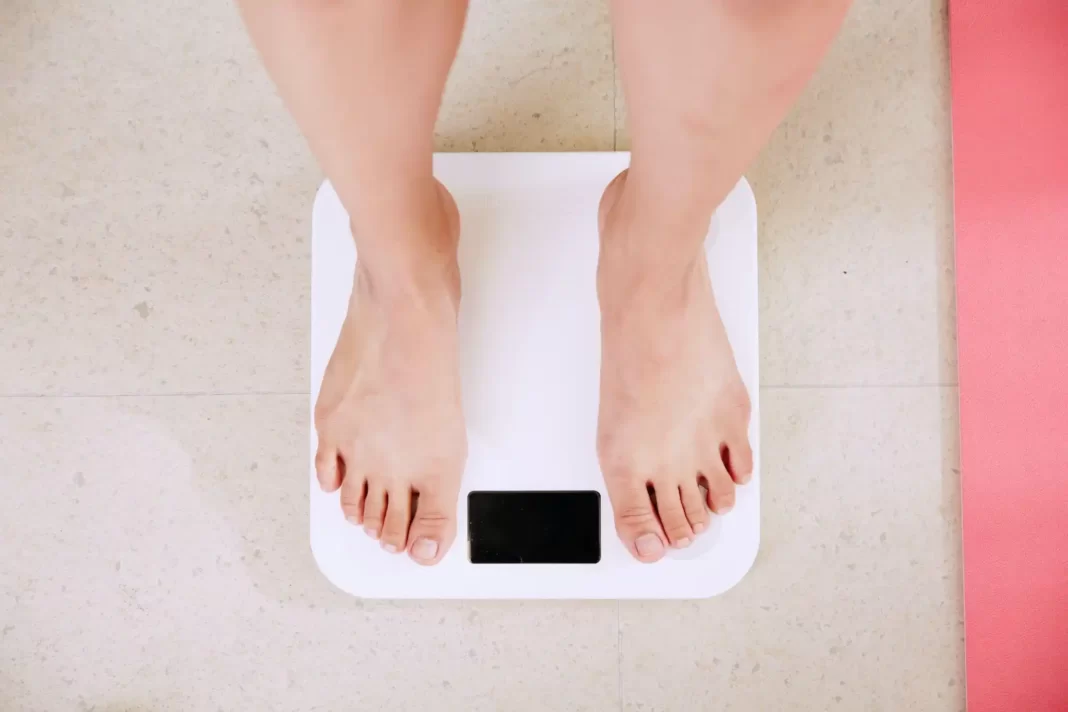Are you someone dealing with type 2 diabetes? You may have caught wind of fresh injectable medicine that handles blood sugar. You might have heard about them on TV, social media, or through pals. There is quite a chatter about using these drugs for shedding weight. Tirzepatide treats obesity and is at the center of this talk. You might be pondering if Tirzepatide suits your needs. This article will delve deep into understanding the game-changing benefits of Tirzepatide Treatment in weight loss.
What is Tirezepatide Treatment and How Does it Work?
Tirzepatide is the debut drug okayed by the FDA in a fresh category called GLP-1 and GIP receptor agonists. It was made to match the GIP receptor’s strength like the original GIP and has about five times less binding power to the GLP-1 receptor compared to the native GLP-1. You take Tirzepatide treatment via a weekly shot beneath your skin in the abdomen, thigh, or upper arm and use a pre-filled pen.
Tirzepatide copies the actions of natural GLP-1 and GIP hormones. The hormones are released by the gut post-meal, encouraging insulin release. It curbs appetite by delaying stomach emptying and signaling satisfaction in parts of the brain with GLP-1 receptors. As it imitates gut-produced hormones, side effects like nausea, vomiting, diarrhea, or constipation typically show up but usually improve over time. Let’s check how Tirzepatide works in more detail.
Tirzepatide proves the first blend of two medication types: a GLP-1 receptor agonist and a GIP receptor agonist, earning the title of a dual GLP-1/GIP receptor agonist. The GLP-1 and GIP are incretin hormones released post-meal, guiding the pancreas to release insulin and instructing the liver to reduce glucose production that aids in lowering blood sugar levels. Beyond this effect, Tirzepatide supports weight loss in a couple of ways:
- It signals fullness to the brain, curbing your appetite, and slows down stomach emptying, extending the feeling of being full.
- Unlike similar injectable meds that copy only one incretin (GLP-1), Tirzepatide’s mimicry of two incretins could potentially trigger more weight loss than existing options.
- Researchers have explored tirzepatide’s effectiveness in weight loss for diabetic and non-diabetic individuals.
Many people need clarification on the effectiveness of Tirzepatide on the weight loss journey. While the FDA has given the green light to Tirzepatide for continual weight management among adults, there are criteria outlined. You might be eligible to use Tirzepatide treatment in two conditions:
Your body mass index (BMI) is 30 or higher, or if it is at least 27, and you have one or more weight-related health issues like diabetes, sleep apnea, or high cholesterol.
Even if you do not meet these BMI standards, a healthcare provider might still prescribe Tirzepatide for weight loss, but this usage would be considered off-label.
Another thing to note is that Tirzepatide is different from another popular drug named Semaglutide. Semaglutide, a GLP-1 receptor agonist, behaves like Tirzepatide by mimicking GLP-1, prompting the body to release more insulin after meals. Both Semaglutide, available for diabetes and obesity, belong to the GLP-1 receptor agonist category.
However, Tirzepatide stands apart from Semaglutide by also mimicking the GIP hormone. This dual action affects appetite and stomach emptying. Additionally, it influences how the body stores fat. However, Tirzepatide is more expensive than Semaglutide. If patients notice any improvements using Semaglutide treatment, they can use Tirezepatide.
Does Tirzepatide have any Side Effects?
Regular check-ups with your doctor are crucial to monitor how well the medicine works. Following the guidance of your healthcare team is essential, especially regarding alcohol intake, which can lead to severe low blood sugar—talk to your healthcare team about this. Unless approved by your doctor, avoid taking other medications while on Tirzepatide. This includes over-the-counter drugs like aspirin, appetite suppressants, asthma meds, and those for colds, coughs, hay fever, or sinus problems.
Conclusion
Well, Tirzepatide treatment does not show any signs of being addictive. They are not recognized as substances prone to addiction or dependency. However, Tirzepatide does come with some potentially serious side effects. Rarely, a severe allergic reaction might occur, leading to a rash and breathing issues, necessitating immediate medical attention. If you notice any of these, seek emergency medical help immediately.

